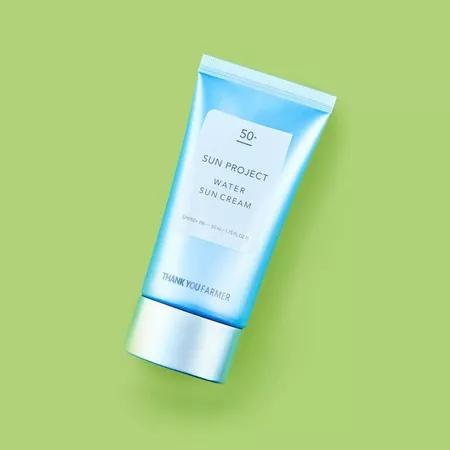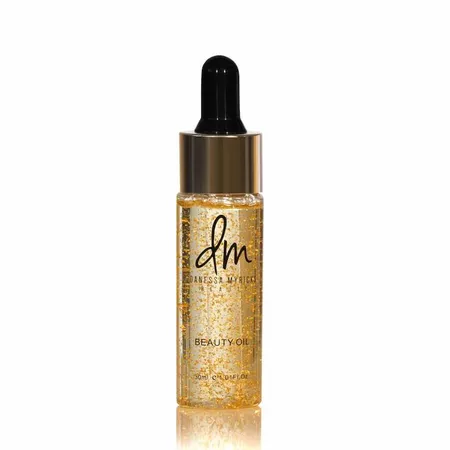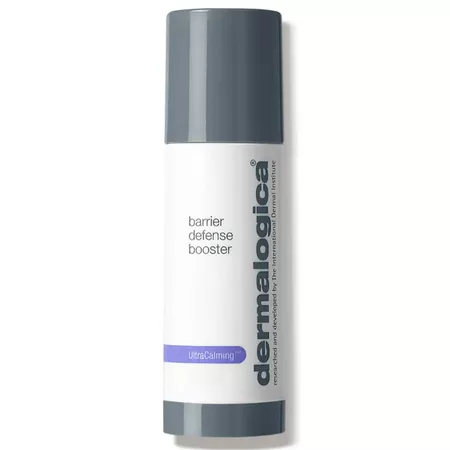It can possibly calm dry, bothered skin.
To the extent that nuts go, walnuts have an especially terrible rep with regards to skincare. Utilized fundamentally as a physical exfoliant (a few items utilize little sections of walnut shells to scratch off dead skin, in addition to other things), the fixing has long confronted analysis from skin specialists because of its unforgiving, grating surface. It even ignited a 2016 claim over claims that the nut caused bothering and irritation, and sped up the maturing system.
However, don’t discount walnuts at this time. While walnut shells have practically no business in skincare, walnut oil is entirely of an unrecognized skin-cherishing legend. For sure, walnut oil has been utilized to battle kinks and hydrate skin since around the seventeenth hundred years. Significantly prior, the restorative ethics of walnut oils were commended in numerous Greek and Roman compositions.
While it hasn’t gotten the reputation of, say, argan or almond oil, walnut oil is gradually arising as a first rate fixing thanks to its mitigating and antimicrobial consequences for the skin. To assist with making sense of why, we went to board-guaranteed dermatologist and prime supporter of Atolla, Dr. Ranella Hirsch and Dr. Joshua Zeichner, MD, Director of Cosmetic and Clinical Research in Dermatology at Mount Sinai Hospital.
What is Walnut Oil?
Walnut oil (all the more officially known as juglans regia seed oil) is — who could have imagined — an oil gotten from the meats of walnuts. walnuts are generally perceived as perhaps of the best nut, and a few examinations recommend that even ingesting walnut oil can advance better skin wellbeing. When applied topically, walnut oil’s skin benefits are much more prominent.
walnut oil is an emollient, skin-molding specialist most importantly, meaning it has a conditioning, mitigating impact on the skin. Studies propose that it advances better skin wellbeing, recuperating wounds quicker and treat some skin conditions, similar to dermatitis.
FAST FACTS
WALNUT OIL
Sort OF INGREDIENT: Non-fragrant plant oil
Primary BENEFITS: Hydrates and fortifies the skin’s surface, forestalls water misfortune, protects against ecological pressure, lessens indications of maturing, and kills flaky, dried out skin.
WHO SHOULD USE IT: Thanks to its flexibility, the vast majority looking for skin hydration can utilize walnut oil. While it’s in every case best to affirm with your PCP, Dr. Hirsch proposes staying away from walnut oil in the event that you have a known history of nut sensitivity. In the mean time, Dr. Zeichner proposes those with sleek or skin break out inclined skin tread carefully.
HOW OFTEN CAN YOU USE IT: as a general rule, walnut oil is protected to use consistently, however Hirsch stresses that recurrence of purpose is reliant upon item equation, as well as what else you may utilize.
Functions admirably WITH: Other hydrators.
Try not to USE WITH: as a rule, walnut oil can be utilized with all fixings securely.
As per Hirsch, walnut oil is wealthy in cell reinforcements (because of a heavy portion of vitamin E) and omega-3 unsaturated fats (in particular linoleic corrosive, which, as per research, really reestablishes and mellow skin). walnuts likewise have a lot of vitamin B5 (all the more ordinarily referred to in the skincare local area as panthenol), which offers mitigating, saturating, and helpful advantages. It likewise contains elevated degrees of linolenic (which, indeed, is not the same as linoleic) and oleic corrosive, and accordingly gives superb saturating and skin hindrance fixing benefits, Zeichner adds.
Since walnut oil contains elevated degrees of oleic corrosive, which can cause stopped up pores and advance breakouts, Zeichner cautions against utilizing it on slick and skin inflammation inclined skin.
Two sorts of unadulterated walnut oil are industrially accessible: cold-squeezed and refined. Cold-squeezed walnut oil will in general be more costly, since it safeguards more supplements. Therefore, it is by all accounts utilized for cooking more than skincare. And keeping in mind that you can utilize unadulterated walnut oil on the skin, it’s typically found as a fixing in a preformulated oil or cream — erring on that later.
Advantages of Walnut Oil for Skin
High in the two nutrients and minerals, walnut oil offers benefits for essentially all skin types. Advantages of the supplement thick fixing include:
Saturates skin: Zeichner takes note of that walnut oil is wealthy in emollients, making it an ideal lotion that mellow skin and further develops obstruction capability.
Forestalls water misfortune: Walnut oil is a graceful, greasing up specialist that forestalls water misfortune, because of its emollient properties.
Guards against natural stressors: Walnut oil is plentiful in vitamin E, and that implies it has some serious cancer prevention agent properties, as per Hirsch. Most eminently, walnut oil assists safeguard the skin’s with surfacing against ecological stressors like contamination and sun openness.
Diminishes indications of maturing: As with all cancer prevention agents, insurance against ecological stressors will in general correspond with decreased indications of maturing. Expanded hydration and dampness likewise loan themselves to a more energetic sparkle.
Further develops dryness and irritation: Zeichner focuses to a few investigations that recommend walnut oil assists with dry, disturbed skin.
Increments skin hydration: Hirsch proposes walnut oil to anybody (and everybody!) looking for hydration.
Fixes skin boundary: Thanks to a piling portion of emollients and omega unsaturated fats, walnut oil is extraordinarily successful at fixing the skin obstruction, in this way further developing dampness and flexibility.
Side Effects of Walnut Oil
As indicated by Zeichner and Hirsch, walnut oil is a protected and viable fixing that ought to work for most skin types. Truth be told, the EWG, or the Environmental Working Group, rates the fixing as exceptionally okay. That being said, Zeichner recommends that those with slick or potentially skin inflammation inclined skin tread carefully, as the oleic corrosive found in walnut oil can stop up pores and cause breakouts. Also, the two specialists caution that those with tree nut sensitivities ought to be wary while utilizing walnut oil, as raw oil parts might inspire an unfavorably susceptible response.
Another worry with regards to walnut oil is its inclination to oxidize. Fortunately, the right bundling can check that. Search for airless (or if nothing else air-prohibitive) cases, as well as obscure bundling.
Instructions to Use It
While Hirsch noticed that when and how to apply an item relies upon plan, you ought to by and large apply oils after cream, as the last step around evening time (or pre-SPF in the first part of the day). We recommend really looking at an item’s headings certainly.
The Best Products with Walnut Oil

Thank You Farmer’s Water Sun Cream is a Byrdie favorite, thanks to its super smooth texture and zero white cast. A mix of hydrating walnut oil and bamboo separate with quieting aloe vera and hollyhock root makes this SPF ideal for essentially every skin type (indeed, even touchy skin). Furthermore, in the event that you like something with somewhat more shine to it, look at the brand’s Shimmer Sun Essence.

A mix of walnut, jojoba, squalane, sunflower seed, and sweet almond oils, the Danessa Myricks Beauty Oil leaves skin with a brilliant, sound looking gleam. Add a drop or two to heavier items to get a lightweight, iridescent completion.

This concentrated oil equation recharges a dull, dried out composition while giving the skin hindrance an additional lift to protect against ecological stressors. The walnut oil in this item attempts to relieve and rebalance, quieting redness and disturbance to reestablish skin’s ideal state.









